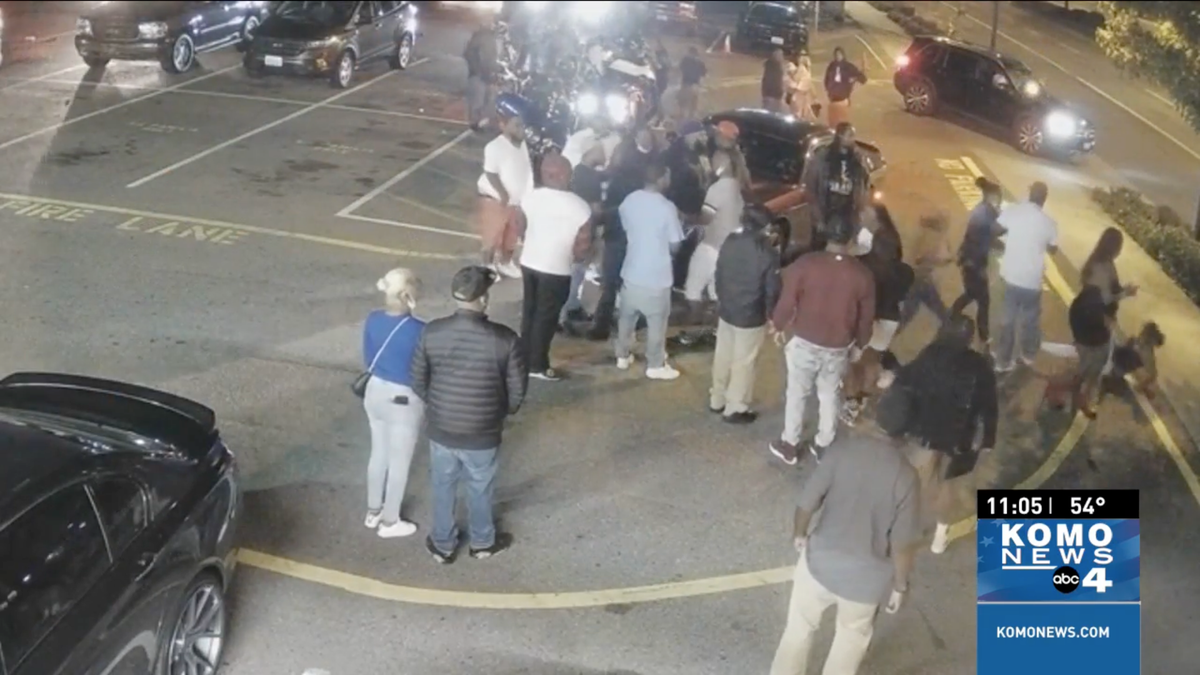A judge in Washington state has blocked video evidence that’s been “AI-enhanced” from being submitted in a triple murder trial. And that’s a good thing, given the fact that too many people seem to think applying an AI filter can give them access to secret visual data.



AI-based video codecs are on the way. This isn’t necessarily a bad thing because it could be designed to be lossless or at least less lossy than modern codecs. But compression artifacts will likely be harder to identify as such. That’s a good thing for film and TV, but a bad thing for, say, security cameras.
The devil’s in the details and “AI” is way too broad a term. There are a lot of ways this could be implemented.
I don’t think loss is what people are worried about, really - more injecting details that fit the training data but don’t exist in the source.
Given the hoopla Hollywood and directors made about frame-interpolation, do you think generated frames will be any better/more popular?
In the context of video encoding, any manufactured/hallucinated detail would count as “loss”. Loss is anything that’s not in the original source. The loss you see in e.g. MPEG4 video usually looks like squiggly lines, blocky noise, or smearing. But if an AI encoder inserts a bear on a tricycle in the background, that would also be a lossy compression artifact in context.
As for frame interpolation, it could definitely be better, because the current algorithms out there are not good. It will not likely be more popular, since this is generally viewed as an artistic matter rather than a technical matter. For example, a lot of people hated the high frame rate in the Hobbit films despite the fact that it was a naturally high frame rate, filmed with high-frame-rate cameras. It was not the product of a kind-of-shitty algorithm applied after the fact.
Han shot first.
Over Greedo’s dead body.
Correct!
I don’t think AI codecs will be anything revolutionary. There are plenty of lossless codecs already, but if you want more detail, you’ll need a better physical sensor, and I doubt there’s anything that can be done to go around that (that actually represents what exists, not an hallucination).
It remains to be seen, of course, but I expect to be able to get lossless (or nearly-lossless) video at a much lower bitrate, at the expense of a much larger and more compute/memory-intensive codec.
The way I see it working is that the codec would include a general-purpose model, and video files would be encoded for that model + a file-level plugin model (like a LoRA) that’s fitted for that specific video.